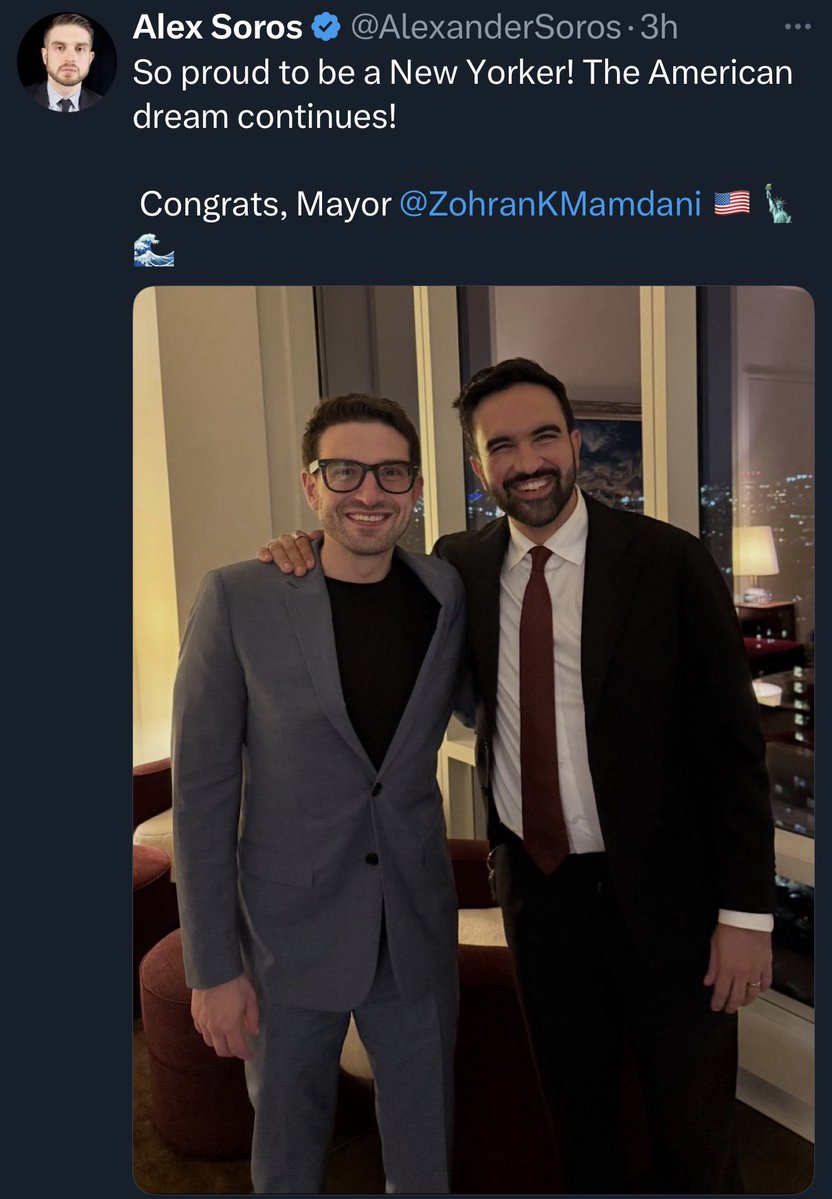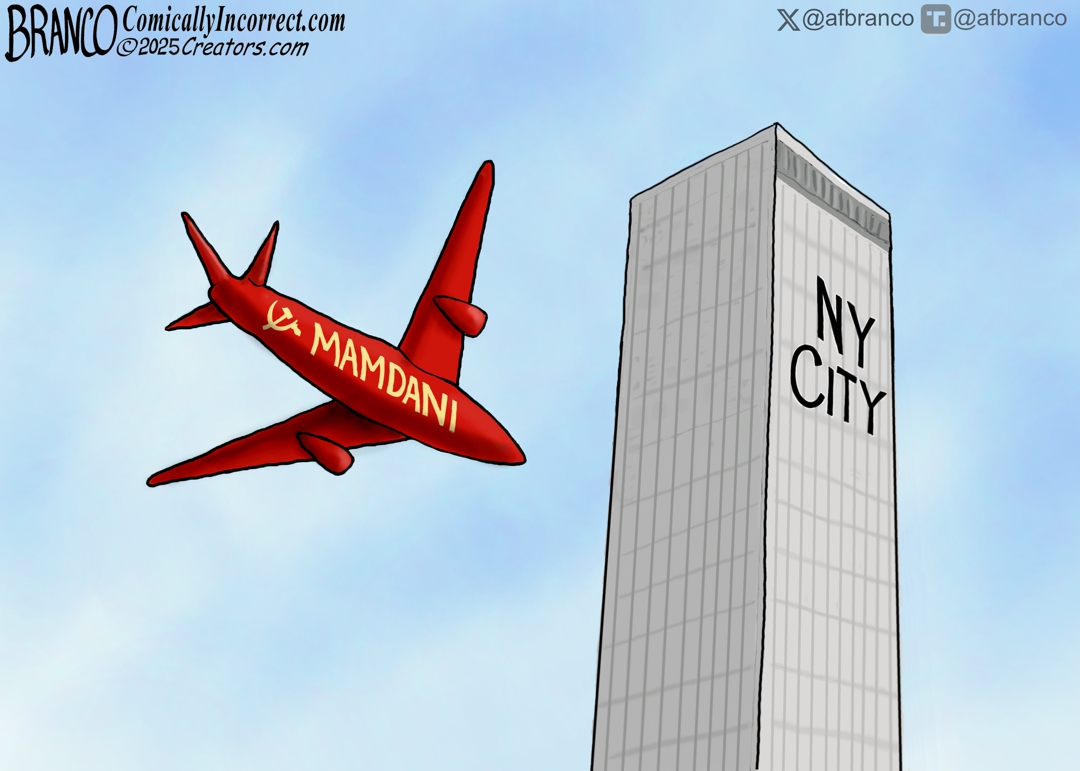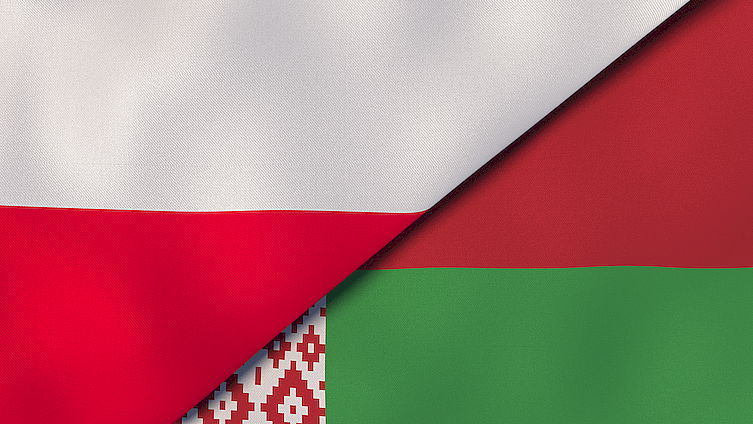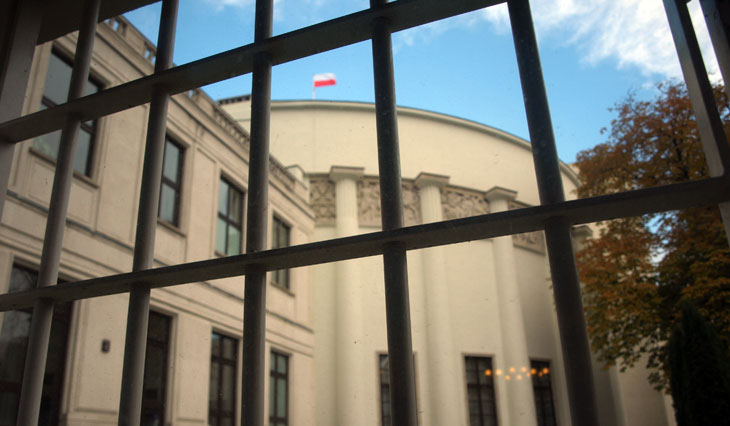BeforeOfficial paper publishedTo regain control. Secure. Comprehensive and liable migration strategy of Poland for 2025–2030, humanitarian organisations, experts and experts on migration have raised an alarm. They had adequate to announce the Prime Minister's temporary and territorial suspension of the right to asylum. And it is hard to be amazed – it is simply a violation of global law and the Constitution.
"Masturing the human rights package, which lays the foundations for all European reasoning about man and society, is dangerous. If we are simply suspending the right to asylum – due to the fact that we have in head that it does not concern us – how will we take the initiative to restrict another rights?” writes Agnieszka Kosowicz, president of the Polish Migration Forum.
Donald Tusk However, he stands by his own. In an interview with “Gazeta Wyborcza”, he argued that since the right to asylum (according to a strategy that means the right to national and global protection) became an instrument in the hands of Lukashenko and Putin, who opened the migration way on our east border, the only way is to deny that right to the people who crossed this route.
"Respecting all provisions erstwhile we know that the policy asylum expression is abused and exploited by our enemies makes you completely helpless" – says Prime Minister. He continues to put in 1 bag people forced to flee their country, those who are in no danger and those who are trained by the Belarusian government to aggressive behaviour at the border.
Despite the opposition of humanitarian organisations at the Thursday summit in Brussels, Tusk received support for his task from the leaders of the another EU countries and the head of the European Commission, Ursula von der Leyen. At the same time, any journalists notes that the summit was intended primarily to service political objectives, not a solution to the alleged migration crisis, whose scale according to Frontex data has decreased importantly over the last 9 months, and migrants wishing to enter Europe are 42 percent little than last year.
Whether the current feverish actions of the government are simply a tool for conducting its own interior and image policy, it is worth looking at the provisions of a modest strategy, due to the fact that even its general guidelines will have far-reaching consequences for migration policy.
What about the right to protection?
Who, and on the basis of what competences, is to decide which of the people found in the Podlasie forest is being persecuted, which "uses the system" and which poses a threat to Poland? The paper explains small more than Tusk has already said:
"Poland, while respecting fundamental human rights in the field of national and global protection, will search to change the general approach at European Union level and as part of membership of global organisations, to supplement it with safety issues (internal and international)... This applies not only to illegal border crossings beyond border crossings, but besides to the anticipation of temporarily and territorially suspending the acceptance of applications at or outside the crossings themselves in a situation of direct threat to the safety of the state," says a 36-page strategy.
As expected, in specified a space it is hard to fit many specifics. Therefore, among the proposed solutions, we receive general terms specified as a “new model of protection” for foreigners who “probably will justify their application” and make it “in a circumstantial place and under certain conditions”. What model, how will they grow, and what circumstantial place and rules? These questions stay unanswered so far.
We are inactive talking about the "effective system" of voluntary and forced return of those foreigners whose requests for protection will be considered unfounded during the alleged "screening control". Its standards and procedures besides stay a mystery. possibly I'm asking besides much, it's just a strategy. Only that, in view of the announcements that the solutions introduced by Poland are now to be a model for European migration policy, we may have somewhat higher expectations about specifics.
Instead of proposing effective management of migration, which is simply a major challenge for transit and host countries, we get the swearing of border reality, which has been going on since PiS. The introduction of laws and regulations, more and more troops and concertinas, yet a wall. All for nothing, so why don't we do it differently? There is no shortage of proposals – I mention to many recommendations of experts and experts and people with experience of migration.
Integration programmes
Strategy assumes that after screening individual will yet get protection. The procedure for granting it is to be monitored by ‘independent authorities’ with the RPO and RPD (in the case of minors) at the head.
"The foreigners who will be granted approval for 1 of the forms of national or global protection will be covered by comprehensive, mandatory integration programmes", the paper provides.
I believe that integration in the context of migration policy is crucial. The problem is that so far the Polish government has treated it as a secondary issue, as it has pointed out even situation of students with exile experience from Ukraine The authors of the paper guarantee that they are aware of this and the time has come for changes, and 1 of them is to quit distant learning in the educational strategy of the country of origin which any Ukrainian students used.
If Tusk's strategy means that the state will effort to make it easier for foreigners to co-create our society, that's large information. “The success of integration policy will be achieved if the foreigner communicates in Polish, complies with regulations and standards and values in Poland, as well as actively participates in the social life of the local community and maintains close relations with members of the Polish society”.
However, before we come to measure the effectiveness of integration programmes, foreigners themselves will be judged. According to the document, the integration advancement of the individual will depend on whether he is granted a permanent residence licence and, further, on the anticipation of obtaining Polish citizenship (individual forms of protection are not identical to the right to permanent residence).
According to the strategy, Poland will not apply any assimilation instruments and will "implement a program to prevent and counter spiritual radicalisation and to cultivate traditions contrary to Polish law". All this in cooperation with the government, local governments and NGOs (with the Migration Consortium already pointing out that the strategy is actually proposing assimilation, ignoring the right of foreigners to preserve cultural identity).
So far, the actions of the second in the context of migration have been either criminalised (Polish-Belarusian border) or left unassisted by the state (refugees from Ukraine).
Time will show whether specified cooperation can yet succeed, although I find it hard to believe, given the actions of the government at the border and the clear opposition of NGOs to the first part of the strategy.
Education and the labour market
The chapter on education migration (distributed to 2 sides) begins with a declaration that the practice of the usage of student visas should be reduced to legal entry into the EU without the intention of studying. We read about sealing the visa issuing strategy and fresh recruitment rules.
The strategy assumes designation of teaching language knowledge, will require confirmation of completion of education in earlier stages (whether this has not occurred so far?), it is besides recommended to consider setting recruitment limits for admission of foreigners in different fields of study. Unless the forecasts show the request of the Polish marketplace for certain specialists – then the limits may be increased.
The strategy's authors point to the request to choice a central institution that will "coordinate, monitor and supervise the activities of the state and another entities in the field of recruitment, survey and investigation by foreigners in Poland". They indicate that specified a function can be played by the National Agency for Academic Exchange.
A separate chapter is devoted to the conditions for access to the labour market, where at first we learn about the disastrous consequences of bringing foreigners to Western markets (it is an highly complicated issue, surely worthy of more attention than – virtually – 7 sentences).
Since then Poland has adopted the rule that the consequences of demographic and social change on the labour marketplace should not be countered by immigration policy instruments. The paper besides shows that besides liberal migration policy would block “the process of modernisation and automation of the Polish economy”, which cannot be accepted. Therefore, precedence should be given to "other instruments falling within the scope of economic, employment and social policies". And again, we don't know what's underneath these concepts.
According to the strategy of foreigners, in order to be able to work in Poland, they will gotta meet more requirements than before, including the nationality of the OECD country or the country with which Poland or the European Union has a signed readmission agreement.
The paper besides announces the introduction of a point system, which means that points will be awarded for certain criteria, which increase the chance of access to the Polish labour market. In another countries where specified a strategy was introduced, education and professional experience are taken into account, among others. This is primarily aimed at attracting highly skilled migrants.
The strategy is to deal with employment agencies who have already specialised in the exploitation of people with experience of migration (yes, in Poland we are dealing with modern slavery, which affects especially foreigners).
All in good time
The last 2 chapters concern citizenship and repatriation (changes in the procedure for recognising the foreigner as a Polish citizen were announced and defining the "repatriant") and the state's contacts with the Polish diaspora (to encourage citizens to return).
At the end of the document, the government would like to justify itself, that specified a loudly announced paper proved to be a collection of municipalities, vague solutions and leaves many questions unanswered – “The main objectives and strategical directions of the Polish migration policy described above require the improvement of an implementation programme. It was not created during the improvement of this strategy due to the request for consensus on its principles."
However, it may be hard to get the consensus erstwhile the individual – especially the most controversial ones – fragments are simply unclear. Or was that the point?










![Karta Rodziny Mundurowej wkracza do Sejmu. Frysztak: nic nie stoi na przeszkodzie, by poszerzać grono uprawnionych [WYWIAD]](https://cdn.defence24.pl/2025/11/05/800x450px/0Yt7M1tzNYllfs9JACKlyaCkRybQn0D6JoxRbblo.voli.webp)







